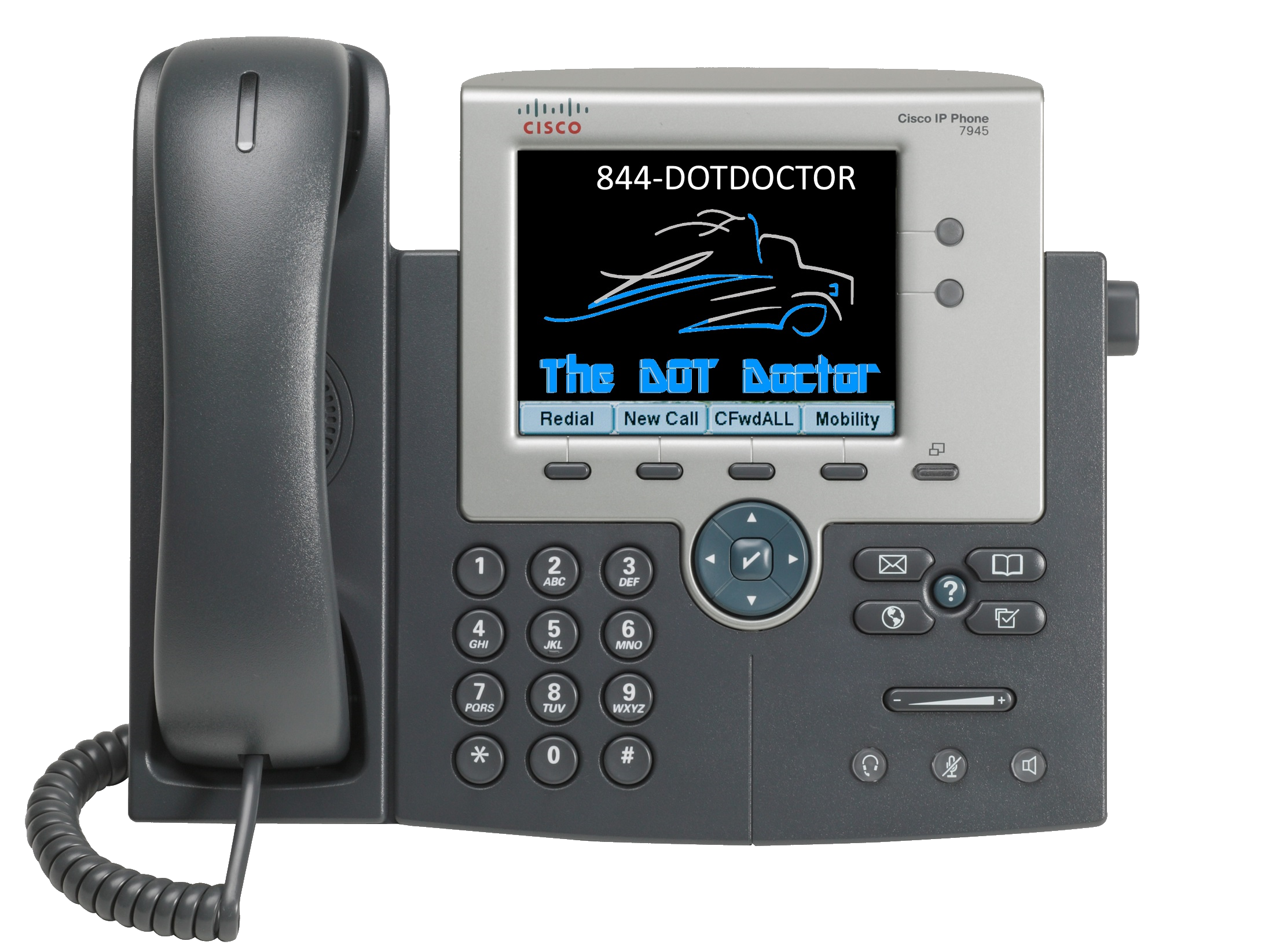
What saddens me is what I experience when working with my smaller clients. They have some clients with small and even tiny fleets (usually under 50 trucks and some very tiny - <10 trucks). Many are localized and/or generally operate a vehicle that is not subject to roadside inspections. These fleets have little to no interaction with DOT inspectors. As such, they rarely have enough inspections to rank in any category. Yet we see these New Entry companies being shut down before they even get off the ground. Why? Because they had 2 inspections and one was "bad" thus placing them in a percentile above the 35% limit for OOS. This triggers an audit and/or it is New Entry review time and they fail due to their scores or rather lack of scores and evidence that are compliant.
I recall when the New Entry audit was a training process instead of a punitive process. Now with auto fail; the doors are closed for 60 days. A small company like this has no course of recoupment. In 60 days, their accounts will be gone to their competitors. Yes, they need to know how to comply with DOT regulations. Totally in agreement here. Either make these companies pass a test, like our Canadian neighbors do, prior to obtaining their DOT number or return to the training process. Up the audit to 6 months instead of 18 months but don't close their doors unless they are egregious violators. We need to give small business a chance. I realize we also need to protect highway safety but we need to score a balance. We cannot allow one bad inspection from an untrained, non typical CMV driver to cost a business owner their livelihood.
I have worked with 3 clients in the past 2 months that fall into this category. Ironically, 2 of them, in opposite parts of the country, are being shut down for the same violation. They failed to connect a breakaway cable or it had come loose during transit. These are pickup truck operators, not CMV drivers for the norm. They come under scrutiny when they attach to a trailer, on rare occasions. As such a DOT number is required. Often, transport driving is the last of their qualifications. These are generally service professionals (e.g. technicians) that drive this vehicle as a means of transport to their job site. These are not commercial drivers per se. They are everyday folks that happen to be in a vehicle that occasionally become classified as a CMV due to it being used while they are generating revenue performing their skilled tasks (i.e. other than truck driving).
We all know that DOT regulations are geared towards the OTR company and the CDL driving professional. All other drivers try to fit into these rules and often with much difficulty. Yes, there are exemptions but they do not always fit either. It is this one size fits all mentality that causes non traditional use of CMVs such issues. It may also be these uses that skew the numbers. Perhaps they need a category all their own with rule sets that better apply to their application. This would allow peer group comparison against true peers and not just via size of fleet. I realize that mileage weighs into the algorithm but these non-traditional fleet (i.e. non trucking companies) need their own group(s). It would benefit fleets running locally or regionally to be thus categorized as well. Bottom-line, we need to move from this one size fits all mentality into real world scenarios. This is especially true when a person's entire business is at risk.
I look forward to seeing the outcome of this new rating proposal. Perhaps it will address some of these issues. Perhaps it will not. We need more "real people" involved in these processes and not just bureaucrats or those industry representatives that have risen so far from their humble beginnings as to forget what it takes to be a small business start up. As your own stats read the other week; most companies with DOT numbers are not the trucking giants but the small business person. Is it not time we have rules and regulations that can relate to both distinct groups?
Reference: http://www.ccjdigital.com/notice-of-new-fitness-determination-rule-in-front-office-fmcsa-safety-chief-says/?utm_source=daily&utm_medium=email&utm_content=10-13-2014&utm_campaign=CCJ&ust_id=bcb56a0182&

















